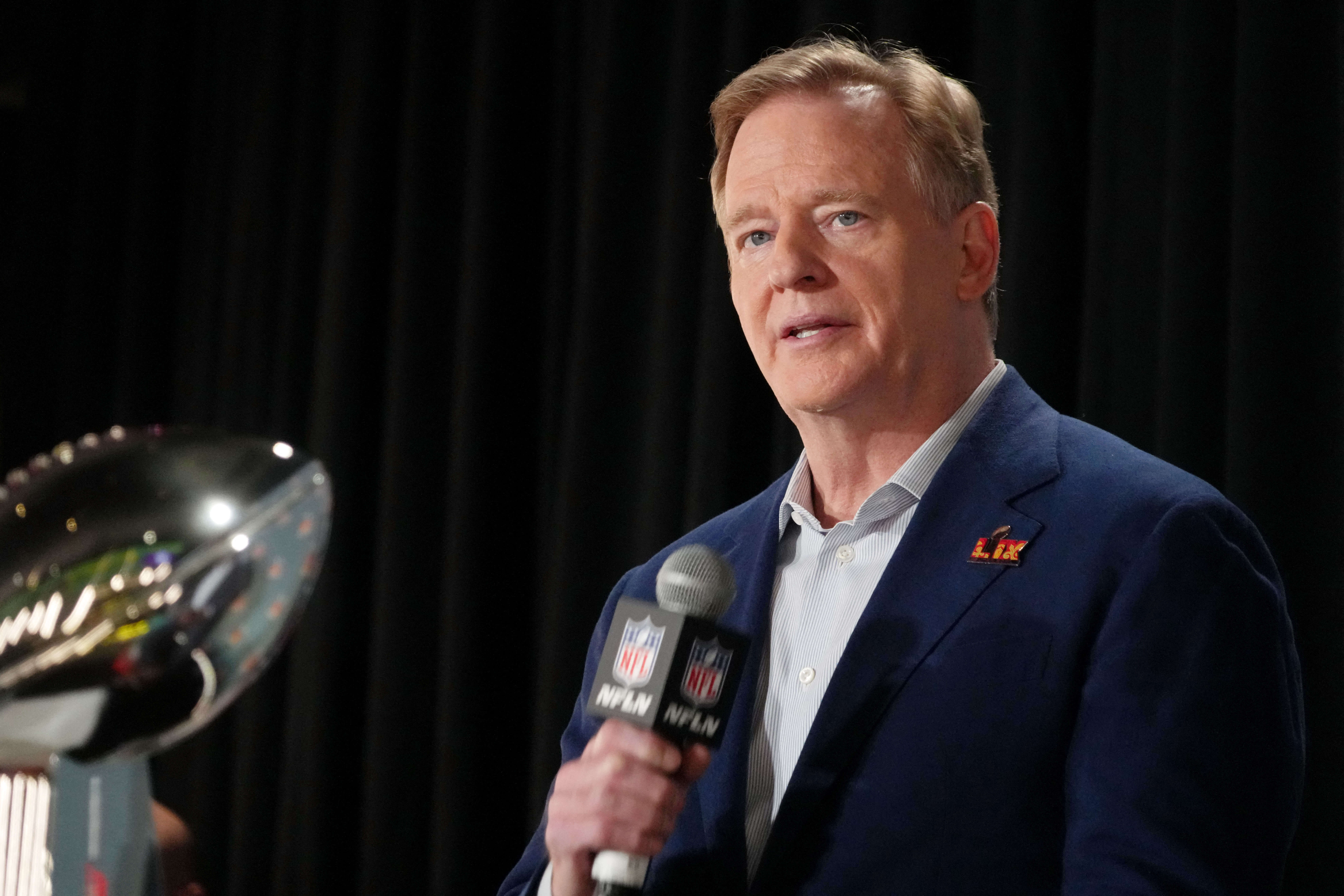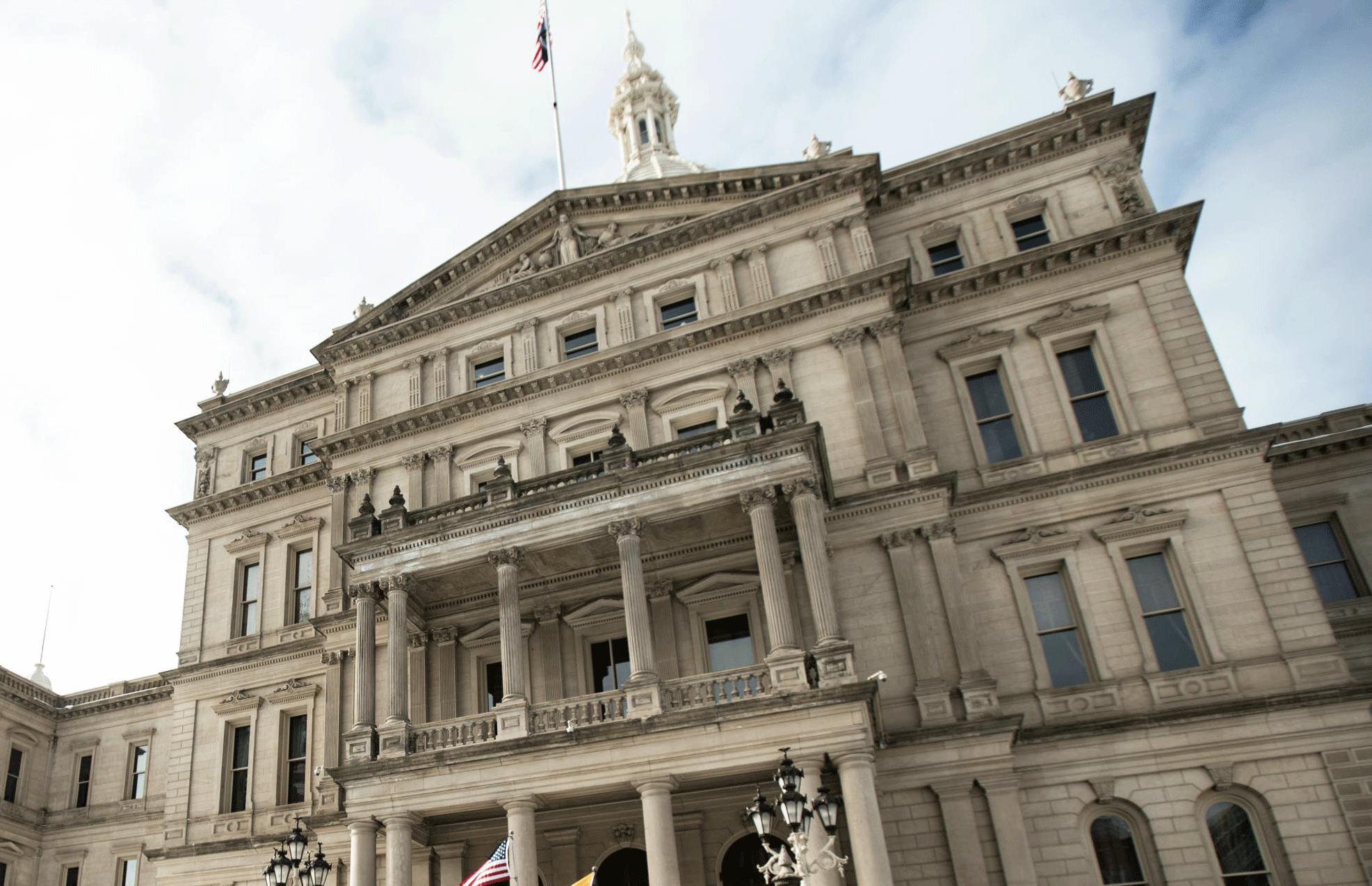 General Sports News
General Sports News

UFC 324 Fight Canceled Over Suspicious Betting Tied to Fighter Injury

Everything You Need to Know About Alberta’s New Sports Betting Market

Bettors Backing Favored Patriots, Seahawks Heading into Conference Championships

Alberta to Require Stop to ‘Unregulated’ Sports Betting Before iGaming Launches

FanDuel Unveils 'Play With a Plan' Responsible Gaming Initiative

NFL Allowing Max of 6 Betting Commercials During Super Bowl LX
 State News
State News

Massachusetts Judge Delays Applying Injunction Against Kalshi

Michigan’s Sports Betting Handle Down, Profits Still Up in December

Massachusetts’ Sports Betting Market Up 7.3% YoY During December

Judge Allows Massachusetts’ Preliminary Injunction Against Kalshi

Utah Lawmakers Target Prop Bets Through Legislative Amendment














































